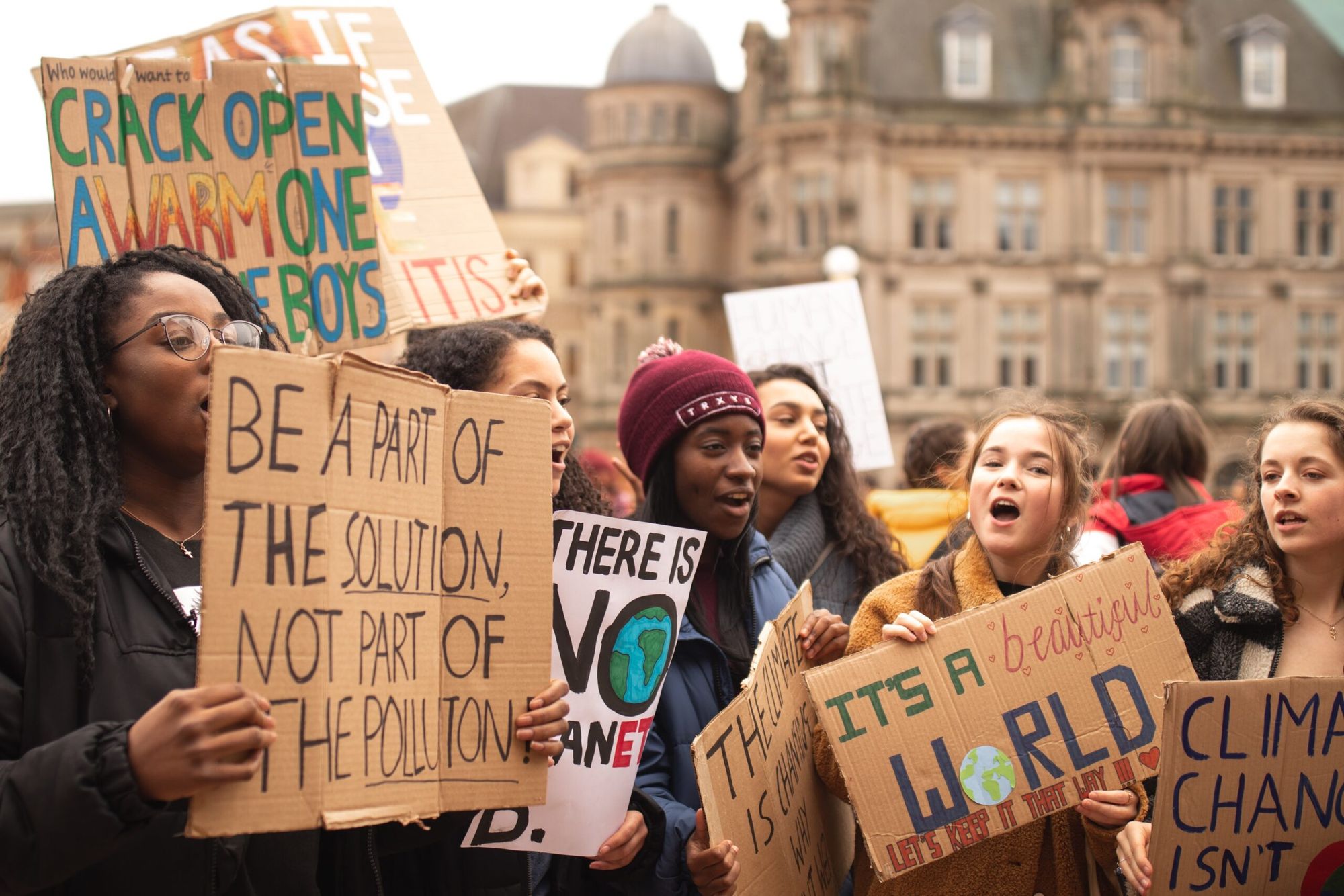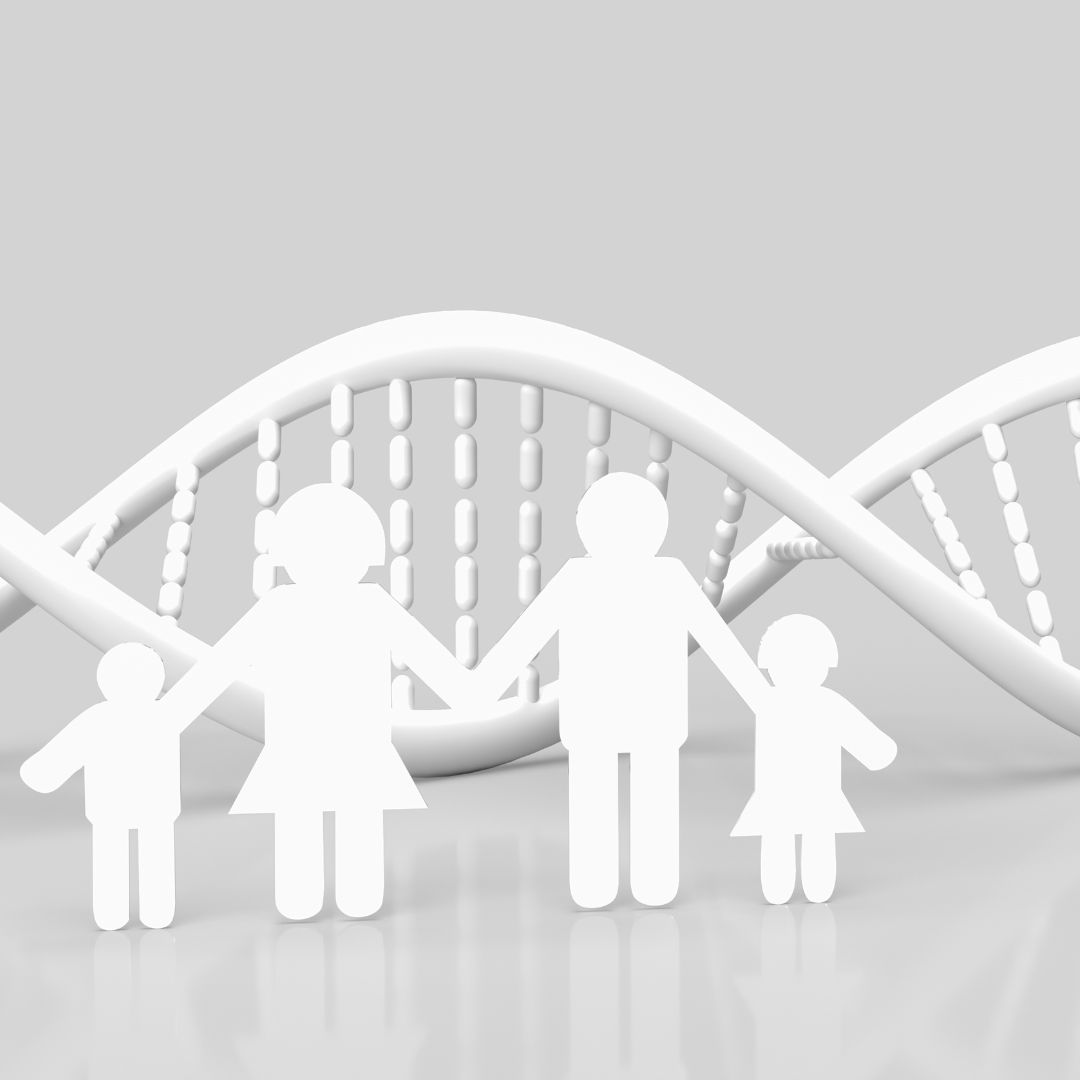
Climate change has been described by the World Health Organization as the greatest threat to health in the 21st century. Climate change can impact our health directly through increased extreme weather events, and indirectly through the worsening of air quality, changes in the spread of infectious diseases, threats to food and water, and its possible damage to mental health.
In the spirit of World Health Day, we’d like to explore this issue and offer solutions on how to better equip ourselves to a changing climate.
What is Climate Change?
Climate change refers to an increased amount of greenhouse gas in the atmosphere, causing the earth’s average temperature to rise. This phenomenon traps heat in the atmosphere, rising air and sea temperatures, resulting in erratic weather patterns all around the world.
The intergovernmental Panel on Climate Change (IPCC) has stressed that the world must limit its temperature rise to 1.5°C to prevent millions of climate change related deaths, and emphasized that every additional tenth of a degree of warming will take a serious toll on people’s lives and health.
Below are some health risks attributed to climate change:
Increased Respiratory and Cardiovascular Diseases
Climate change can be harmful to our health by increasing ground level ozone or air pollution, and giving rise to respiratory health problems, and could even lead to premature deaths.
Injury mortality from extreme weather
Heat waves: Climate change results in extreme weather conditions that cause an increase in death rates during heat waves.
Floods: Flash floods and flooding from tropical storms result in the highest number of deaths. Floods are one of the most harmful impacts of climate change. Furthermore, after the storm passes, there is an elevated risk of a waterborne disease outbreak. Those living in damp indoor environments are susceptible to respiratory tract infections such as pneumonia, respiratory syncytial virus, and RSV pneumonia.
Wildfires: Long periods of high temperatures can cause wildfires to break out. Wildfire smoke is dangerous for humans because it contains carbon monoxide, nitrogen oxides, and other compounds that can cause respiratory and cardiovascular complications.

Allergens and Pollen
Pollen is an airborne allergen that can affect our health. Pollen counts tend to be higher during warm seasons, and can trigger allergic reactions in people. Climate change may lead to shifts in precipitation patterns and warmer seasonal air temperatures, causing longer pollen seasons.
Food and Water-borne Diseases
Pathogens in water and food cause diarrheal disease. As a rule of thumb, diarrheal diseases are more common at higher temperatures. Disease transmission is affected by:
- Air and water temperatures
- Precipitation patterns
- Extreme rainfall
Vector-borne Diseases
Climate change can affect the distribution of diseases by vectors such as fleas, ticks, and mosquitoes which may contain pathogens that cause illnesses in humans. Climate variability results in vector adaptations and shifts in disease incidence.
Food Security
Producing and growing food often requires a certain climate. Climate change threatens food production all around the world. Severe weather events and changes in rainfall patterns result in food insecurity. The rise in food prices will result in a change in dietary patterns as people turn to poor nutrient but calorie-rich foods to stay full. The nutritional value of foods will decline, resulting in health risks such as malnutrition and obesity.
Mental Health
Extreme weather can affect mental health in several ways. Research shows high levels of anxiety and Post Traumatic Stress disorder among people affected by Hurricane Katrina, for example. This could be due to the pressure of losing a loved one, or distress due to traumatic events. Furthermore, suicide rates vary with weather and rising temperatures, suggesting a potential link between climate change and mental illnesses.
Who is Most at Risk?
People around the world feel the effects of climate change at a varying degrees. Some people are more vulnerable to the effects of climate change than others. Who is most at risk?
Children
- Children are more susceptible to climate changes that cause heat stress and dehydration
- They are more sensitive to respiratory hazards as their lungs are still developing
Pregnant Women
- Pregnant women are prone to increased heat stress
- Pregnant women are sensitive to air pollution and the fetus may be affected by exposure to air pollution

Older People
- Older people with pre-existing medical conditions are prone to dehydration and heat stress
- They are more susceptible to heart and lung diseases due to a lower immune system
Vulnerable Communities
- People living in rural areas have lower access to healthcare facilities
- Those living in certain areas such as rural areas or along the coast have a higher risk of being exposed to extreme events such as bush fires, storms, or a rising sea level
- Poorer communities may not be able to afford healthcare needed and may not be able to afford air conditioning
- Indigenous people who rely on traditional food sources may face difficulty due to erratic weather patterns
Staying Healthy in a Changing Climate
We are all feeling the effects of climate change, and it’s normal to be worried about climate change. The best thing we can do is be prepared and adapt to various situations. Here are some ways to protect you and your family from the effects of climate change:
Protect Yourself from Air Pollution
Air pollution resulting from human activity and climate change result in various respiratory illnesses. Check the air quality in your area before running errands. Be aware of notifications such as bushfires or other extreme weather conditions. For example, if a wildfire was reported nearby and the air is smoky in your area, close your windows and stay home until it clears up. If you must go outside, be sure not to go for a run outdoors or exercise outside, as you don’t want to be breathing heavily if the air is smoky.
How to Cope in Extreme Heat
Over the past few years, the average temperature around the world has risen and heatwaves are getting more frequent and warmer. Keep yourself safe during a heatwave by drinking water and staying cool.
Keep Your Food Safe
Keep your food stored in the refrigerator and cook it properly. Don’t leave food lying around as high temperatures make it an optimum environment for pathogens such as Campylobacter, Salmonella, and E. coli to grow.
Look After Your Mental Health
Extreme weather events can lead to psychological distress due to trauma, required isolation, illness, loss of loved ones, destruction of property and changes in the community. It is important to acknowledge that you need help and get help from professionals as soon as possible.






